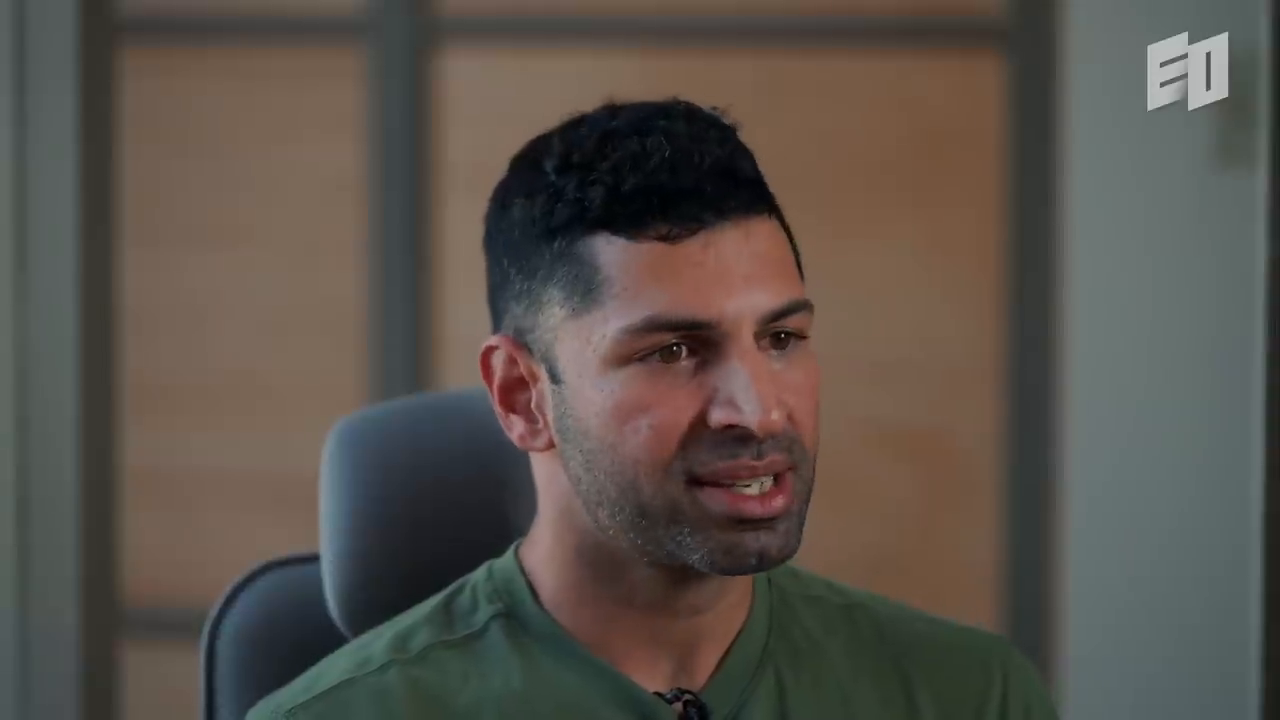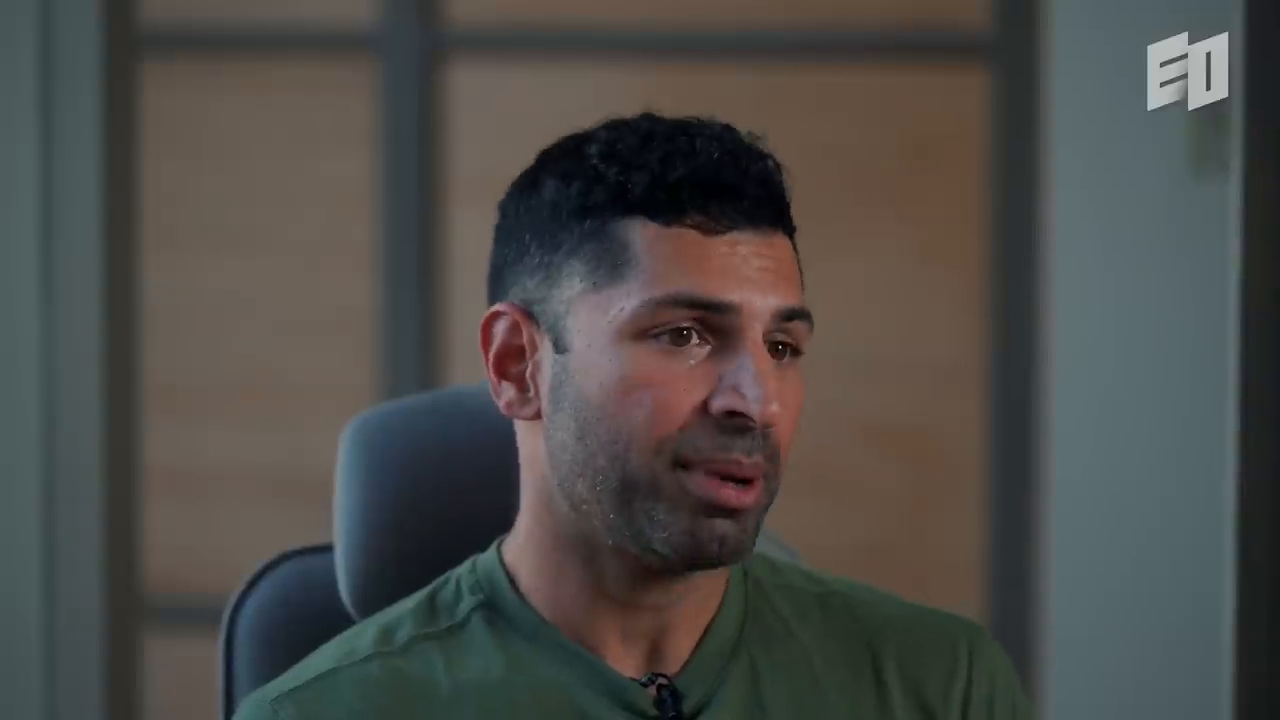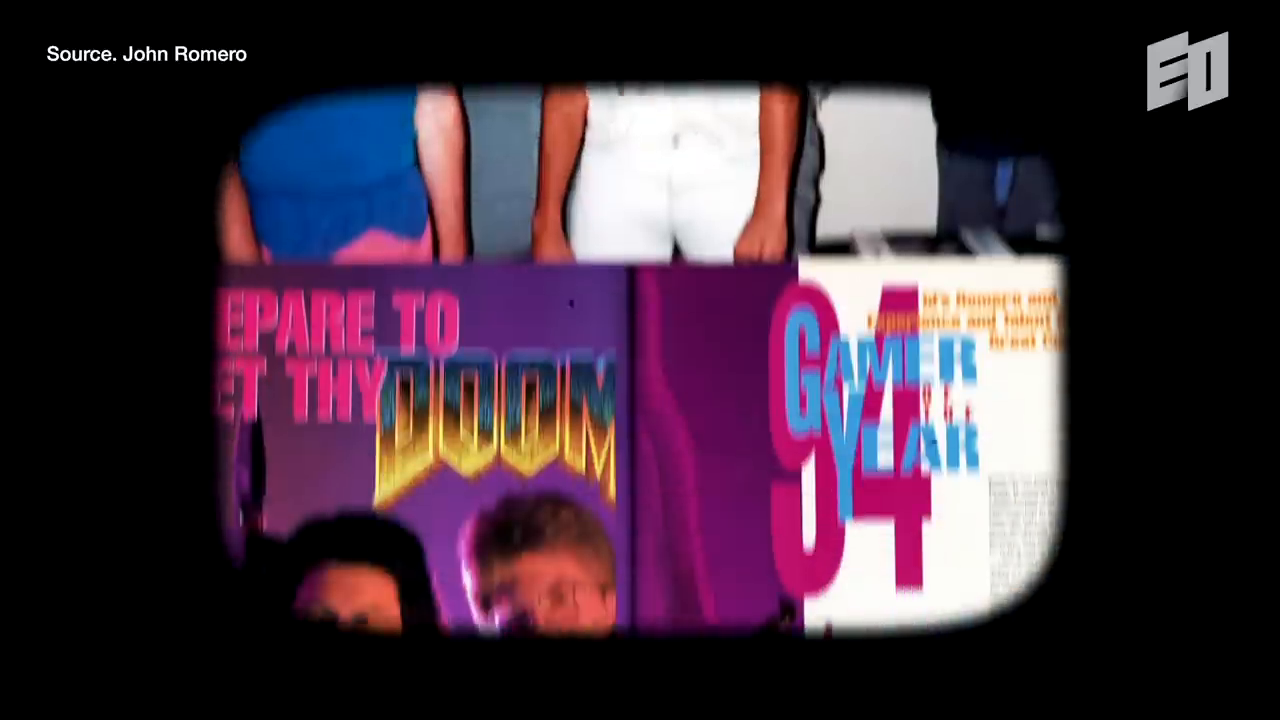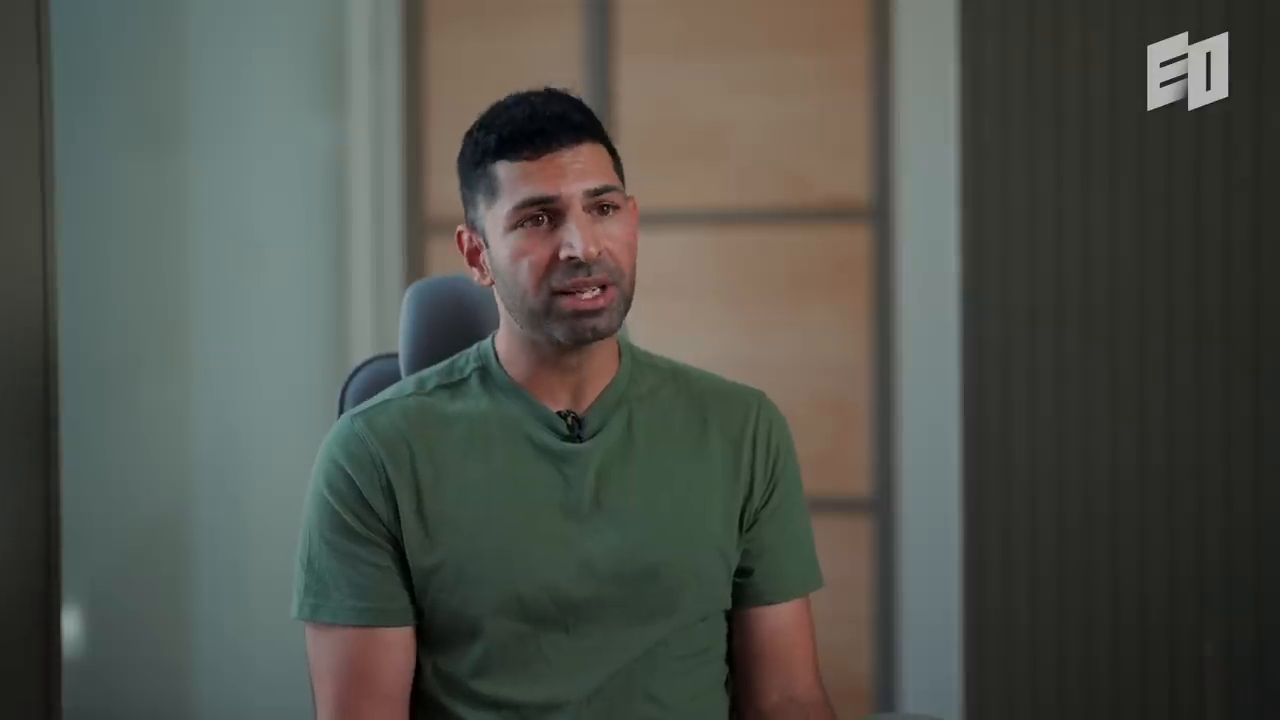The entrepreneurial journey of Russ d'Sa: lessons from LiveKit, Twitter, and beyond
Entrepreneurship in Silicon Valley often embodies a journey marked by technological innovation, perseverance, and a relentless drive to solve meaningful problems. Russ d'Sa, CEO and Co-founder of LiveKit, exemplifies this ethos with a career that spans influential roles at companies like Twitter and ventures that became the backbone of advancements in real-time streaming and artificial intelligence. In this article, we explore Russ's entrepreneurial journey, LiveKit's mission to revolutionize real-time communication infrastructure, and his advice for future entrepreneurs in emerging fields like AI and robotics.
The DNA of entrepreneurship in Silicon Valley

Russ d'Sa begins the interview reflecting on his career journey
Russ d'Sa begins by sharing how entrepreneurship has always been woven into the fabric of Silicon Valley’s culture—a space where startup stories inspire and drive aspiring technologists. Having spent his formative years fascinated with the idea of startups, Russ recalls oscillating between creating new companies and being part of existing ones. However, as he candidly admits, starting a company just for the sake of starting one was a mistake he made multiple times early in his career. Instead of focusing solely on initiating a venture, he learned to center efforts on solving impactful problems—a revelation that shaped both his journey and his philosophy as an entrepreneur.
From programming roots to entering Y Combinator

Reflecting on early influences, Russ discusses formative experiences like university programming and Y Combinator
Russ’s entrepreneurial roots trace back to his teenage years when he was inspired by the documentary about video game developers John Carmack and John Romero. This fascination ultimately led him to pursue computer programming, a field that became the cornerstone of his professional life. He credits his enrollment in night classes and participation in university programming competitions for honing his skills.
Russ’s entry into Y Combinator (YC), Silicon Valley’s prestigious startup incubator, was another key turning point. Early on, his team pitched a mobile social network idea to YC, only to face rejection after the famed investor Paul Graham noted similarities to Sam Altman’s company, Loopt. However, persisting with a new concept—a video conferencing platform connecting people instantly—they eventually gained acceptance, a landmark step in Russ's career.
Lessons from YC: conviction in your product vision
One of the takeaways from Russ’s time at YC was the importance of staying true to the core vision of one’s product. Receiving advice from multiple industry veterans and founders is invaluable, but these individuals are often preoccupied with their own projects. Russ cautions against getting “enamored” with every idea externally suggested, emphasizing that founders should focus unwaveringly on the problem they aim to solve. The inability to remain focused derailed some of his earlier ventures, teaching him the critical lesson of conviction and clarity in purpose.
Thriving under pressure at Twitter

Russ reflects on his time at Twitter and the lessons of thriving in high-pressure environments
Russ’s tenure at Twitter came during an intense period of growth and underdevelopment within the company. Early challenges left employees like him overwhelmed, but Russ seized the opportunity, investing 12–14 hours daily refining the product and developing impactful features like embedded media integration. For Russ, this wasn’t just work—it was exhilarating to witness the global adoption of tools he helped create.
He describes “fires”—difficult challenges—as a positive sign for engineers and entrepreneurs. Fires indicate that one has built something people care about. Instead of avoiding such challenges, Russ believes in tackling them head-on to create meaningful solutions and adapt systems for future growth.
Learning from failures: the importance of solving real problems

Learning from past failures, Russ shifts focus to solving meaningful problems
Not all of Russ’s ventures succeeded, but each shaped his understanding of what it takes to build lasting companies. A recurring misstep in his earlier startups was creating cool technologies without grounding them in real, pressing problems. For example, while working with King and Candy Crush to stream ads via mobile platforms, the initiative boasted innovative engineering but ultimately lacked a defined pain point to address. This endeavor, and others, taught Russ to reverse his approach—he began prioritizing the identification of underserved needs before engineering potential solutions.
Founding LiveKit: building the "new HTTPS" for real-time communication

Russ explains the vision behind LiveKit, essential for real-time communication infrastructure
The foundational idea of LiveKit came out of necessity. The internet, originally designed for hypertext transfer (HTTP), wasn’t optimized for real-time video and audio communication. Identifying this gap during ventures like Meetu, Russ and his co-founder began developing LiveKit—an open-source infrastructure allowing developers to integrate streaming audio/video seamlessly into applications. The pandemic only magnified the need for such a technology, with businesses and individuals increasingly relying on real-time interactions conducted over the web.
LiveKit, likened to “Postgres for real-time networking,” has already found adoption across industries, from powering ChatGPT’s voice functionality to supporting lifesaving 911 call coaching systems. Its open-source nature also enables a broad community of developers to build upon it without reliance on proprietary systems.
Scaling AI interactions: the connective tissue for the future

Visualizing LiveKit's applications, Russ delves deeper into real-world AI integrations
As AI advances toward humanlike interactions, LiveKit aims to serve as the “nervous system” facilitating seamless communication between users and AI-driven systems. Cameras, microphones, and speakers function as AI's sensory input/output devices, bridging the gap between human conversations and machine intelligence. This connectivity will transform how individuals interact with foundational AI models like ChatGPT and others, marking an era where keyboards and mice may one day be replaced by voice and video interfaces.
The potential of LiveKit extends across diverse industries, impacting healthcare, global education accessibility, and emergency services. As Russ highlights, while LiveKit’s enterprise clients are critical to its financial success, his favorite use cases of LiveKit remain those serving underprivileged communities without generating direct revenue.
Advice for aspiring entrepreneurs: patience and preparation in AI and robotics
Russ acknowledges the rapid pace and transformative potential of sectors like AI and robotics, calling them the largest opportunities in human history. Yet, he cautions entrepreneurs not to rush headlong into launching ventures. Instead, spending time learning foundational principles within pioneering companies offers immense value—not only ensuring preparedness but also enabling connections that may lead to co-founders or collaborators for future startups.
Aspiring founders should immerse themselves in environments that challenge and motivate them while observing emerging trends and opportunities. Inspiration, as Russ stresses, comes naturally when the entrepreneur is ready and prepared to commit wholeheartedly to a vision.
Conclusion: celebrating the journey while solving meaningful problems
Russ d'Sa’s entrepreneurial journey offers invaluable insights for both established founders and budding entrepreneurs. From the lessons learned at Y Combinator to thriving under the immense pressure at Twitter, and culminating in LiveKit’s transformative solutions for real-time communication, Russ’s career exemplifies the power of perseverance, focus, and the drive to solve crucial problems.
As Russ aptly reflects, success isn’t solely about ambition—it also encompasses celebrating the impact a product has made. With LiveKit already saving lives and empowering global education, Russ’s vision continues to inspire those looking to leave their own unique mark on the world of technology and beyond.
